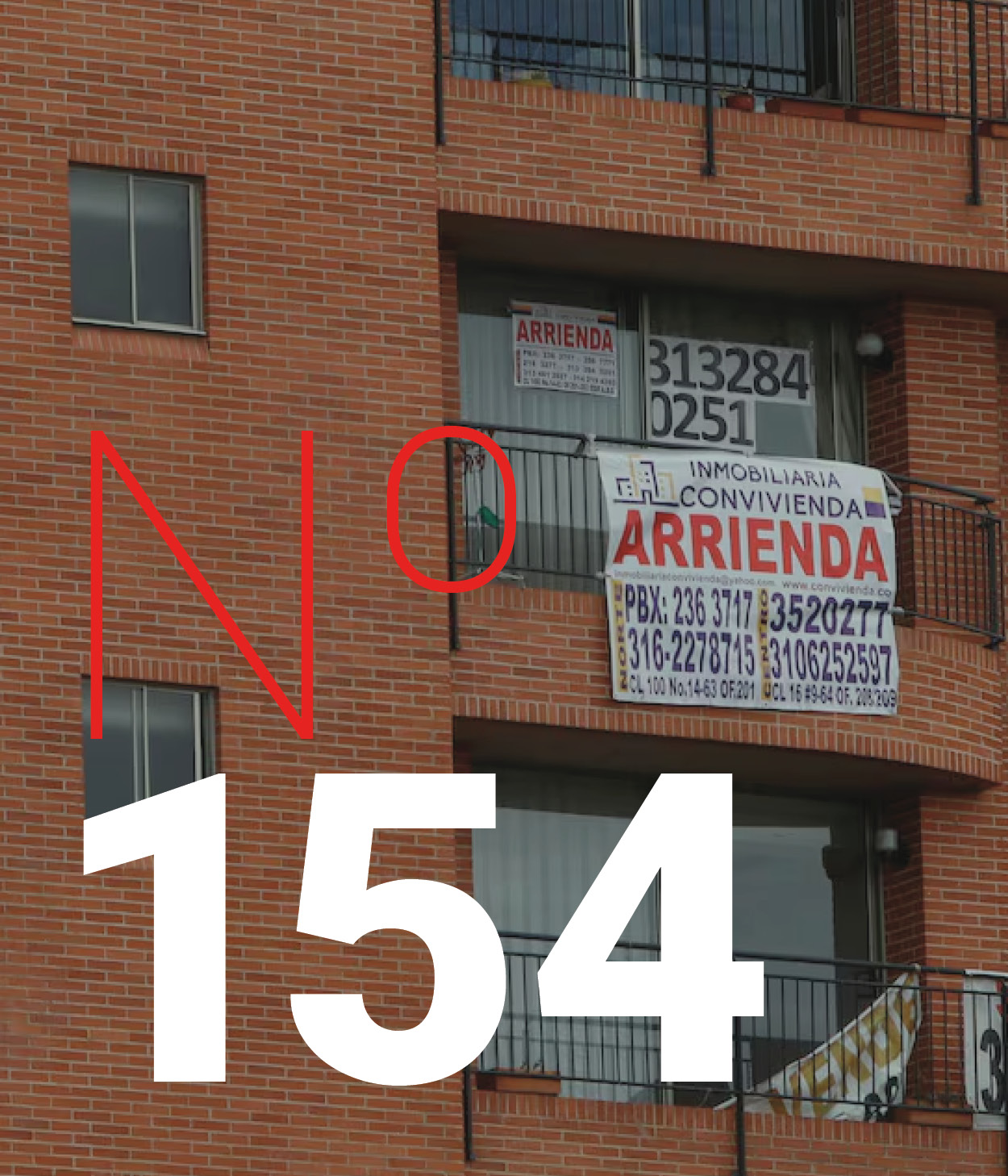Visions of Urban Planning Practice in Chile, 1931-2024
DOI:
https://doi.org/10.7764/EURE.51.154.09Keywords:
urban planning, urban policy, urban theoryAbstract
Urban planning is understood as a political process that steers urban development toward the pursuit of the public good. Drawing on the interplay between planning theory and practice, this study identifies five successive paradigms shaping Chilean urban planning: functionalist, neoliberal, reformist, strategic, and sustainability-oriented. These paradigms correspond to distinct planning rationalities that have emerged since the establishment of integrated urban law in Chile to the present. Together, they offer a framework for analyzing the evolution of urban planning practices in relation to legislative reforms, regulatory frameworks, development policies, and planning instruments. Over the past three decades, planning practice has been characterized by the coexistence and overlapping of these paradigms within a regulatory environment marked by permissiveness, limited normative scope, and a strong emphasis on property rights. The earlier dichotomy between a functionalist approach—grounded in the pursuit of the common good—and a neoliberal turn toward deregulation has gradually given way to a more complex and hybrid planning landscape.
Metrics
Downloads
Published
How to Cite
Issue
Section
License
Copyright (c) 2025 Revista EURE - Revista de Estudios Urbano Regionales

This work is licensed under a Creative Commons Attribution 4.0 International License.
Al momento de aceptar la publicación de sus artículos, los autores deberán formalizar la cesión de derechos de autor a EURE, según las condiciones establecidas por la Revista.
Ésta establece que el autor autoriza a EURE de manera gratuita, exclusiva e ilimitada a reproducir, editar, publicar, distribuir, publicitar, comercializar y traducir el artículo, a cualquier soporte conocido o por conocer y desarrollar.
Del mismo modo, los autores aseguran que el artículo propuesto es original, no publicado y no propuesto para tal fin a otro medio de difusión.


